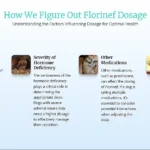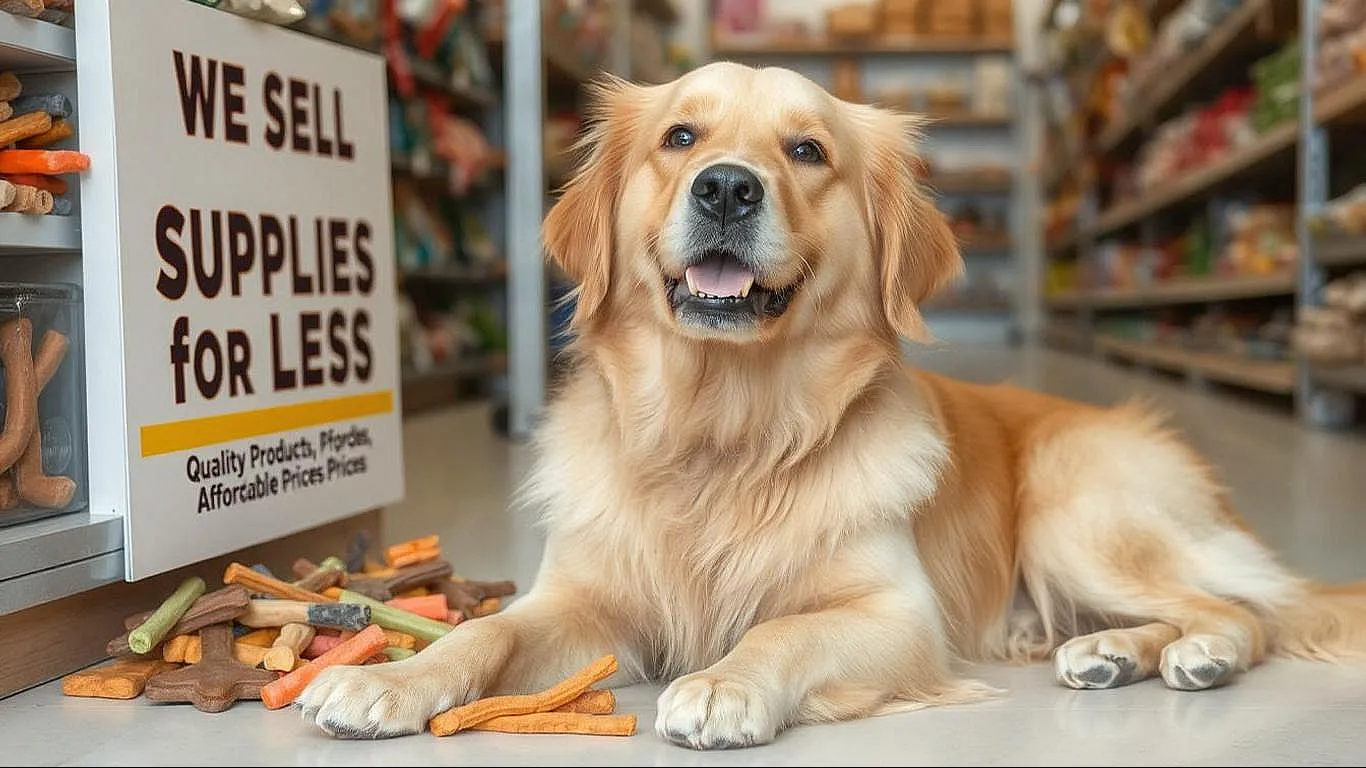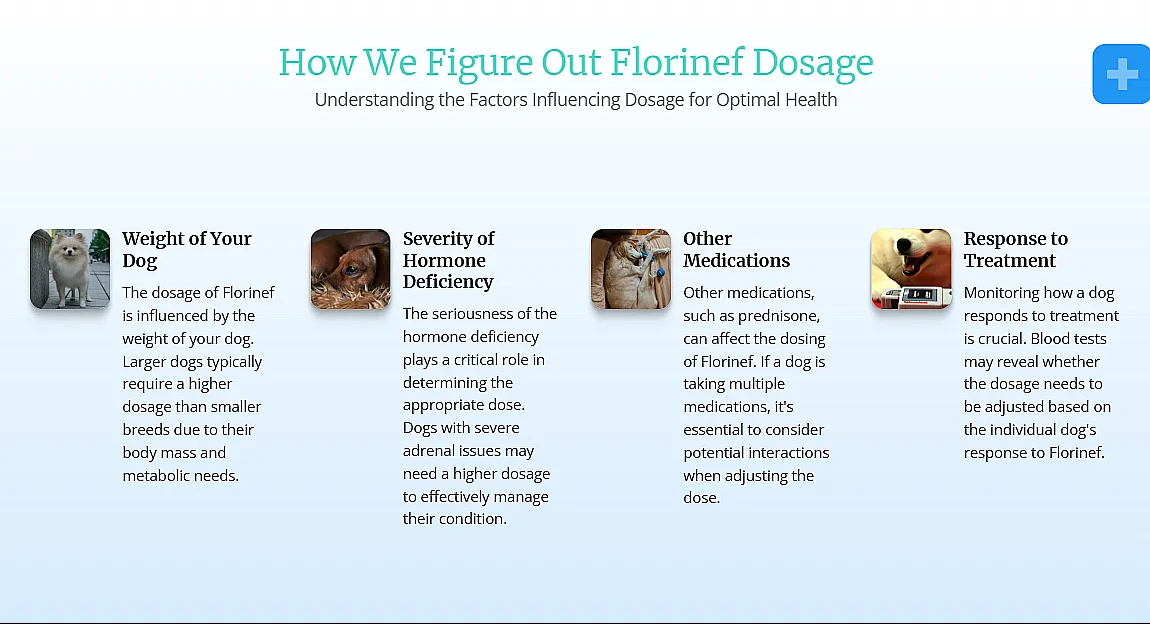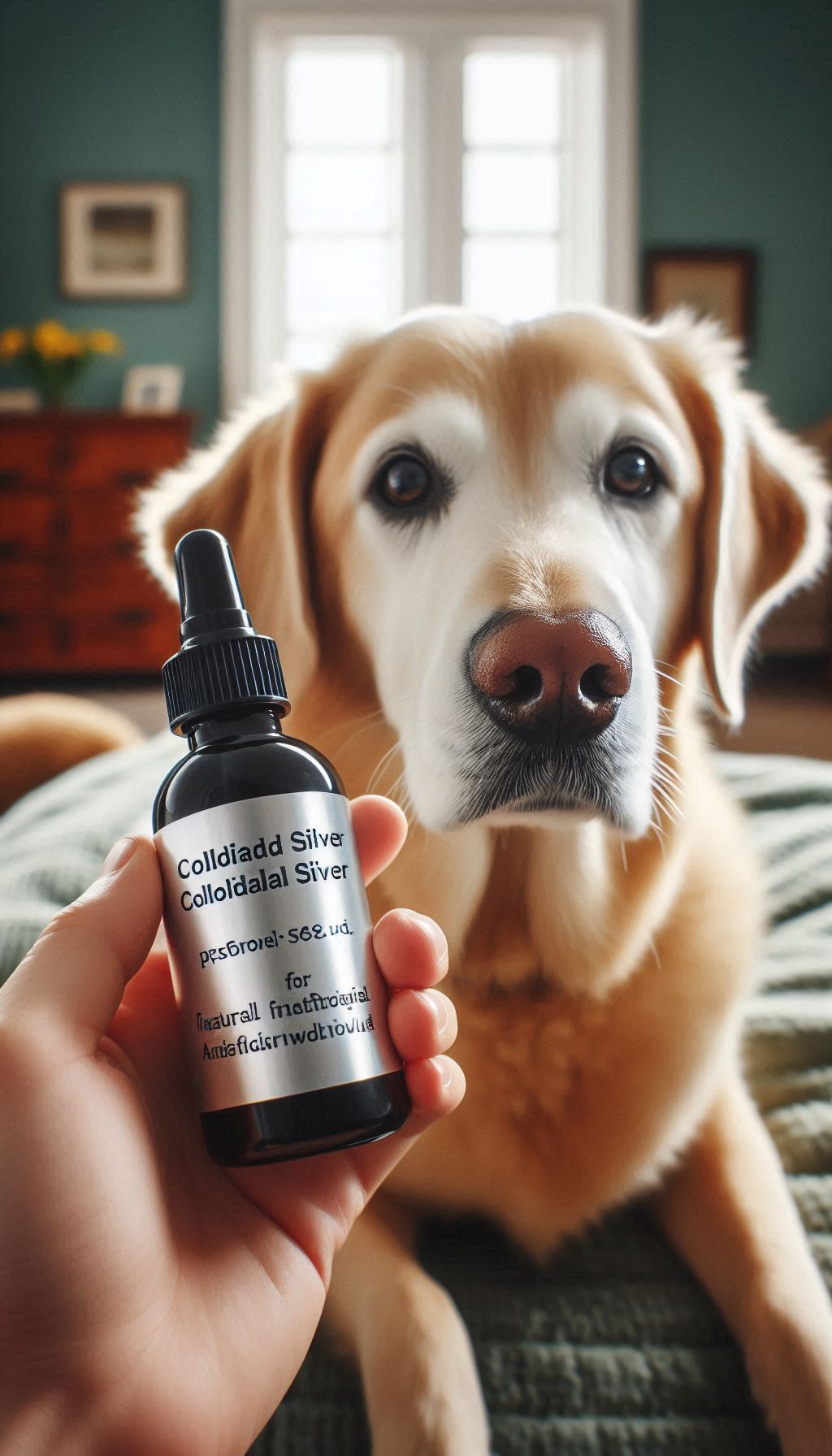Understanding Your Dog’s Digestive Health
Gaining a comprehensive understanding of your dog’s digestive health necessitates that you take into account food intake, bowel movements, and overall physical well-being.
The way your hound chows down its grub may seem like a simple process but there is more chewing the cud than meets the eye; several factors come into play to ensure that all nutrients are optimally extracted and absorbed for maximum health benefits.
Is he having trouble passing waste or has his eating pattern changed?
These usual signs should not be waved off as trivial; they could indicate underlying issues such as constipation.
In order to tackle any digestion related problems in our furry friends, we have to delve deep.
It’s interesting to know how diet transitions can interfere with a dog’s gut health!
For instance, swapping from dry processed foods to natural raw meals can bring about noticeable changes in stool consistency — indicative of their body adapting new digestive rhythms.
Don’t shy away from discussions on poop! After all, what comes out tells you loads about what’s going on inside!
Identifying Constipation Symptoms in Dogs
Contrary to humans, dogs don’t have regular bowel movements. Therefore, knowing when your furry friend is grappling with constipation can be a bit of a challenge.
Essentially, you need to be on the lookout for signs that are not part of their typical behavior patterns.
For instance, if Rover usually excretes once daily and suddenly goes two days without any ‘output’, it’s time to raise an eyebrow.
In addition to this change in frequency, other telltale indications could include noticeable straining during defecation or repeated attempts at passing stools with no success.
Sometimes, the stool may be harder or drier than usual – resembling small rocks rather than the usual texture.
Furthermore, some dogs may also exhibit discomfort while sitting down or show decreased appetite and lethargy accompanied by vomiting.
A combination of these symptoms should send you speed-dialing your vet quickly!
After all, timely intervention can ensure minor issues do not blow up into serious conditions for your beloved pet.
Common Causes of Canine Constipation
Canine constipation is often associated with perfectly ordinary factors, many of which are directly related to your dog’s diet and lifestyle.
Too little fiber in the diet, lack of physical exercise or dehydration can prompt this uncomfortable condition.
Astonishingly, even overgrooming that leads to an excess ingestion of fur could result in constipation!
Significantly, it should also be noted that stress, certain underlying diseases such as kidney disease or diagnosed tumors can cause your furry friend discomfort when defecating.
Behavioral issues initiated by a change in environment — like moving house — may also lead to constipatory symptoms.
Recognizing these common causes helps you empathize with your pooch’s plight while equipping you better for prevention and treatment strategies!
Simple Home Remedies for Dog Constipation
One simple but often overlooked home remedy for your dog’s constipation is a change in diet.
Including fibrous items such as canned pumpkin (always unsweet), sweet potato, or adding small amounts of a leafy green vegetable to their meal can act as a natural laxative without causing unnecessary discomfort.
This approach grants in an easy and healthy way for the smooth transit of food through the digestive tract by promoting frequent bowel movements.
Another worth-trying remedies are gentle exercises and proper hydration. Short walks and mini play sessions not only encourage movement in your dog’s gastrointestinal tract but also stimulate their natural urge to go.
Pair this with providing plenty of fresh water throughout the day; dehydration can exacerbate constipation symptoms.
The combination of these tips packs powerful punch against canine constipation, getting your pet back to normalcy without upsetting their routines.
Over-the-counter Solutions for Dog Constipation
In the world of over-the-counter remedies, there is no shortage of solutions to alleviate canine constipation.
Pumpkin, for example, packed with fiber and water content, acts as a natural laxative that soothes mild cases of constipation in dogs.
This humble veggie can be easily incorporated into your pet’s meal or be offered as a plain snack—make sure it’s the unsweetened canned variety though!
On another note, consider giving your dog a gentle abdomen massage to stimulate bowel movements.
Also being proactive and consistent with exercise routines will not only dramatically improve your fur-baby’s digestive health but also keep their spirit light and jovial. Imagine transforming those dull daily walks into impromptu chances to both bond together and literally ‘keep things moving’.
Remember health is an active pursuit—and dealing with canine constipation need not feel like a tall order with these handy tools within arm’s reach!
When to Seek Veterinary Assistance for Constipation
While an occasional bout of constipation in your dog may seem normal, repetitive episodes or changes beyond a couple of days require professional intervention.
If you’re already feeding your canine dietary fibers and increasing their water intake, but nothing seems to help them get back on track, it’s time to seek veterinary assistance.
It’s crucial not to ignore this sign as chronic constipation can be a symptom of more serious health complications such as hormonal diseases, neurological disorders, or even tumors.
When hutched over in pain struggling to defecate or passing bloody or dry-hard feces becomes consistent behavior for your beloved furry pal, it’s definitely time for professional help.
Remember that early diagnosis often speeds up the treatment process and increases chances of recovery. Be aware of these subtle signs — they are clearer indications than you think!
Your best course of action is putting trust into the hands of a seasoned vet who’ll carry out necessary examinations and lead your decision-making with wisdom when customizing the right treatment plan.
Conclusion: Maintaining Your Dog’s Digestive Wellbeing
In conclusion, vigilance and consistency can unlock your pet’s digestive wellbeing.
A balanced diet, occasional treats meant for digestive health like pumpkin or wheat bran, adequate hydration, and regular exercises facilitate smooth bowel movements.
Carefully observe any startling changes in your dog’s fecal appearance or eating habits as they could be early signs of constipation or other gut health issues.
Don’t hesitate to align with a trusted vet for personalized advice that suits the breed and age of your fur baby.
Transitioning slowly between diets, gentle grooming to avoid ingestion of fur and preventative worming are simple yet effective steps you should embrace consistently.
Remember; a happy gut equals a happy pup – maintain that gut health today for blissful tails wagging tomorrow!










